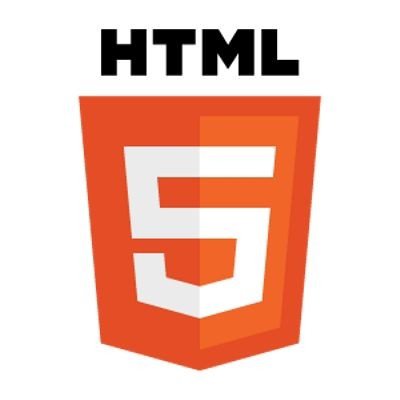BASIC COMPUTER KNOWLEDGE
Basic computer knowledge includes fundamental concepts and skills that are important for using computers effectively. Here are some key components of basic computer knowledge:
1. **Hardware and Software**: Understand the difference between computer hardware (physical components like the CPU, monitor, keyboard) and software (programs and applications).
2. **Operating System**: Learn how to navigate and use your computer's operating system (e.g., Windows, macOS, or Linux).
3. **Files and Folders**: Know how to create, save, move, and organize files and folders on your computer.
4. **Desktop and Icons**: Familiarize yourself with the desktop, icons, and shortcuts on your computer.
5. **Internet Basics**: Learn how to connect to the internet, use a web browser, and perform basic online tasks like searching and browsing websites.
6. **Email**: Understand how to set up and use email accounts, send and receive emails, and manage your inbox.
7. **Word Processing**: Gain proficiency in basic word processing tasks, such as creating, editing, and formatting documents using software like Microsoft Word or Google Docs.
8. **Spreadsheets**: Learn to create and work with spreadsheets for tasks like budgeting and data organization using software like Microsoft Excel or Google Sheets.
9. **Security**: Be aware of basic computer security practices, like using strong passwords, installing antivirus software, and recognizing common online threats.
10. **File Management**: Know how to copy, move, delete, and rename files and folders.
11. **Keyboard Shortcuts**: Learn common keyboard shortcuts to improve your efficiency and productivity.
12. **Basic Troubleshooting**: Understand how to troubleshoot common computer issues, such as restarting your computer, checking connections, and resolving software problems.
13. **Backups**: Recognize the importance of regular data backups to protect against data loss.
14. **Software Updates**: Be aware of the need to keep your operating system and software up to date for security and performance reasons.
15. **Peripherals**: Know how to connect and use peripherals like printers, external hard drives, and USB devices.
16. **Social Media**: If applicable, learn how to use social media platforms for communication and networking.
17. **Privacy and Ethics**: Understand the importance of respecting privacy and ethical behavior when using computers and the internet.
18. **Basic Terminology**: Familiarize yourself with common computer-related terminology to better understand technology discussions.
This basic computer knowledge will serve as a foundation for more advanced computer skills and can help you navigate and use a computer effectively in various personal and professional contexts.




Comments
Post a Comment